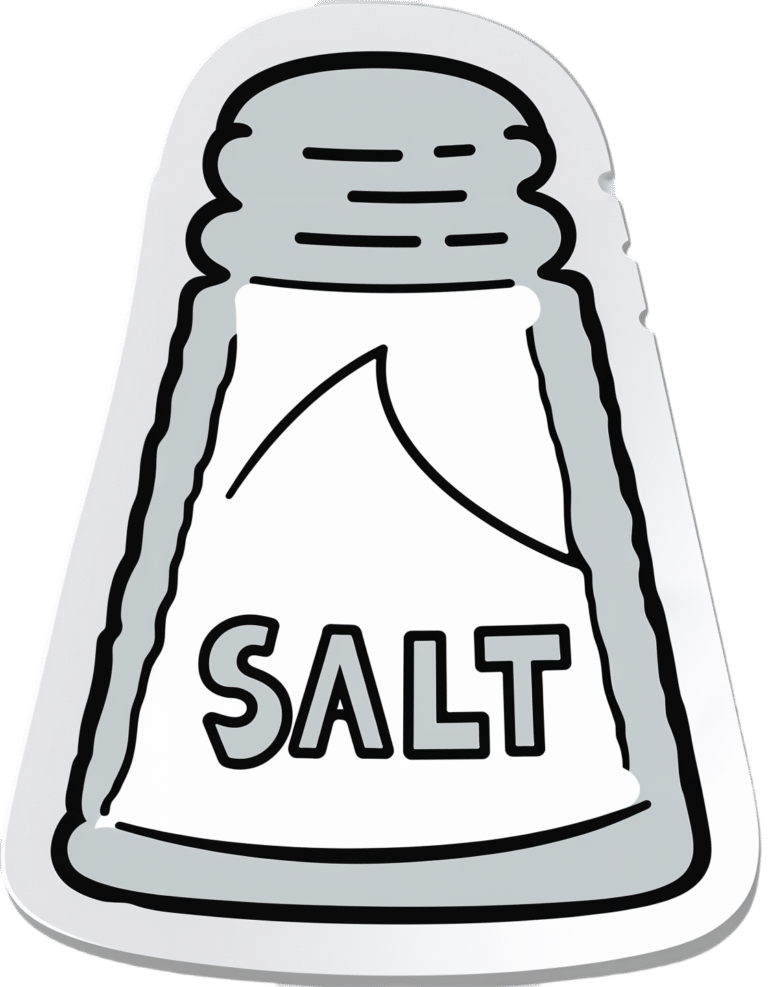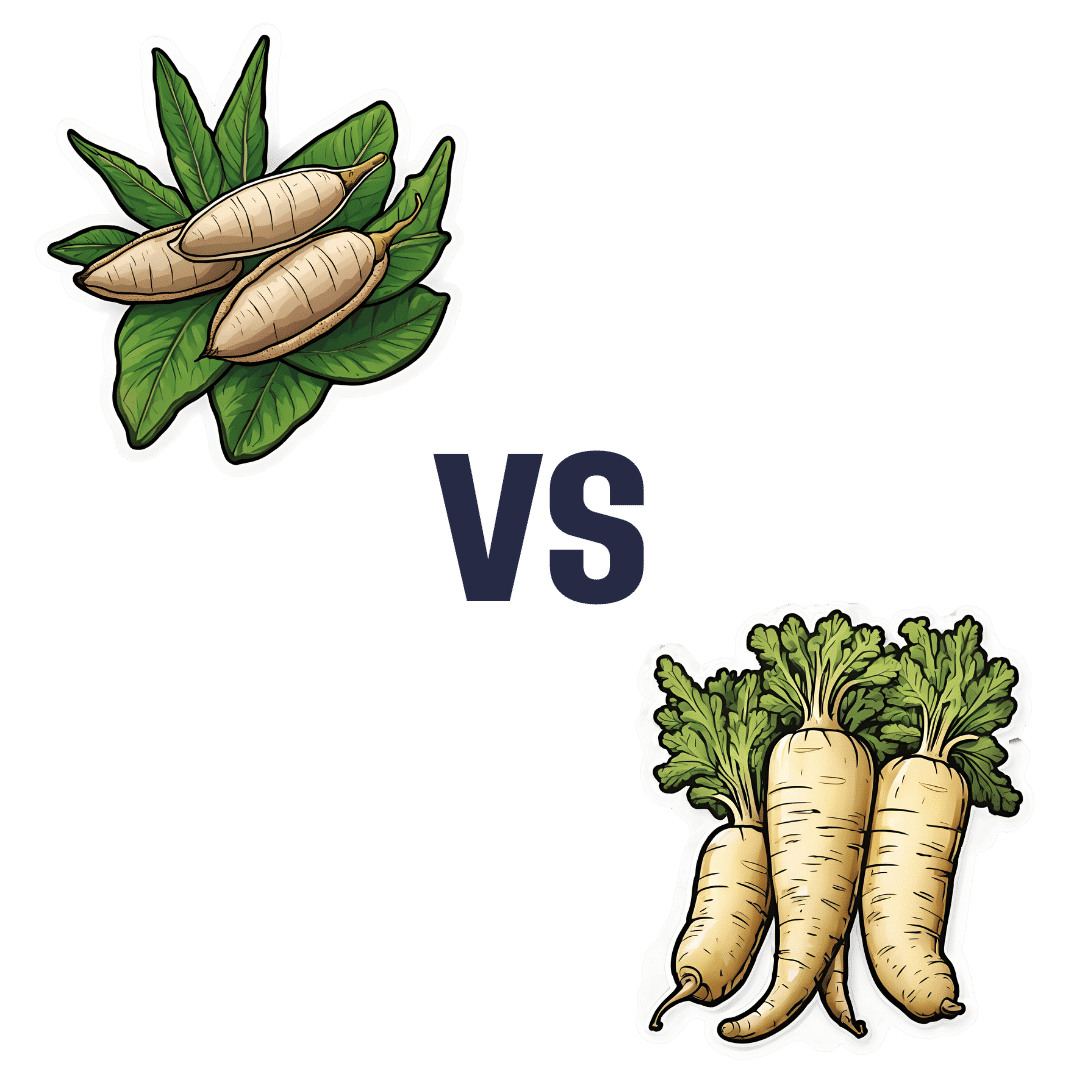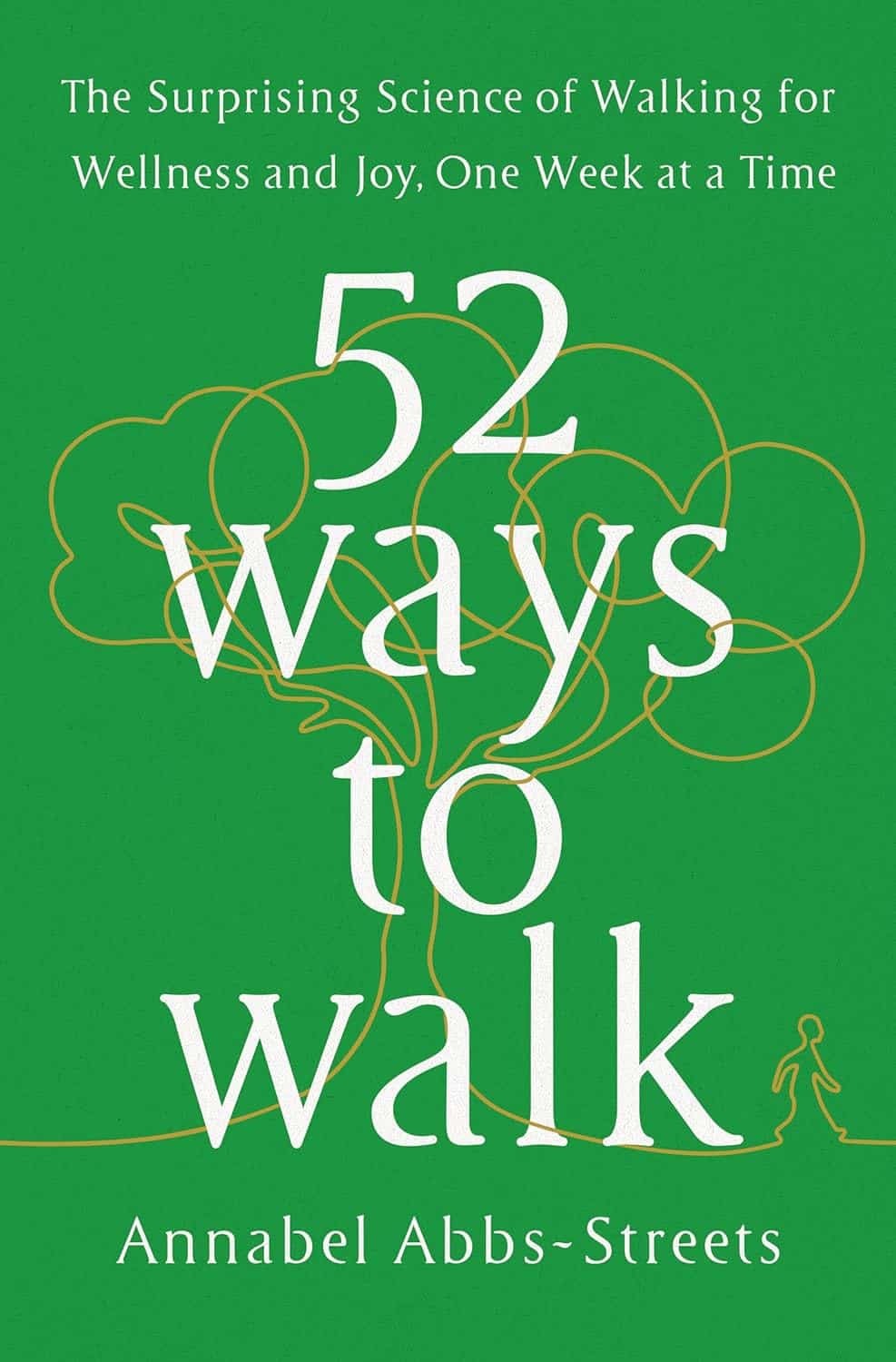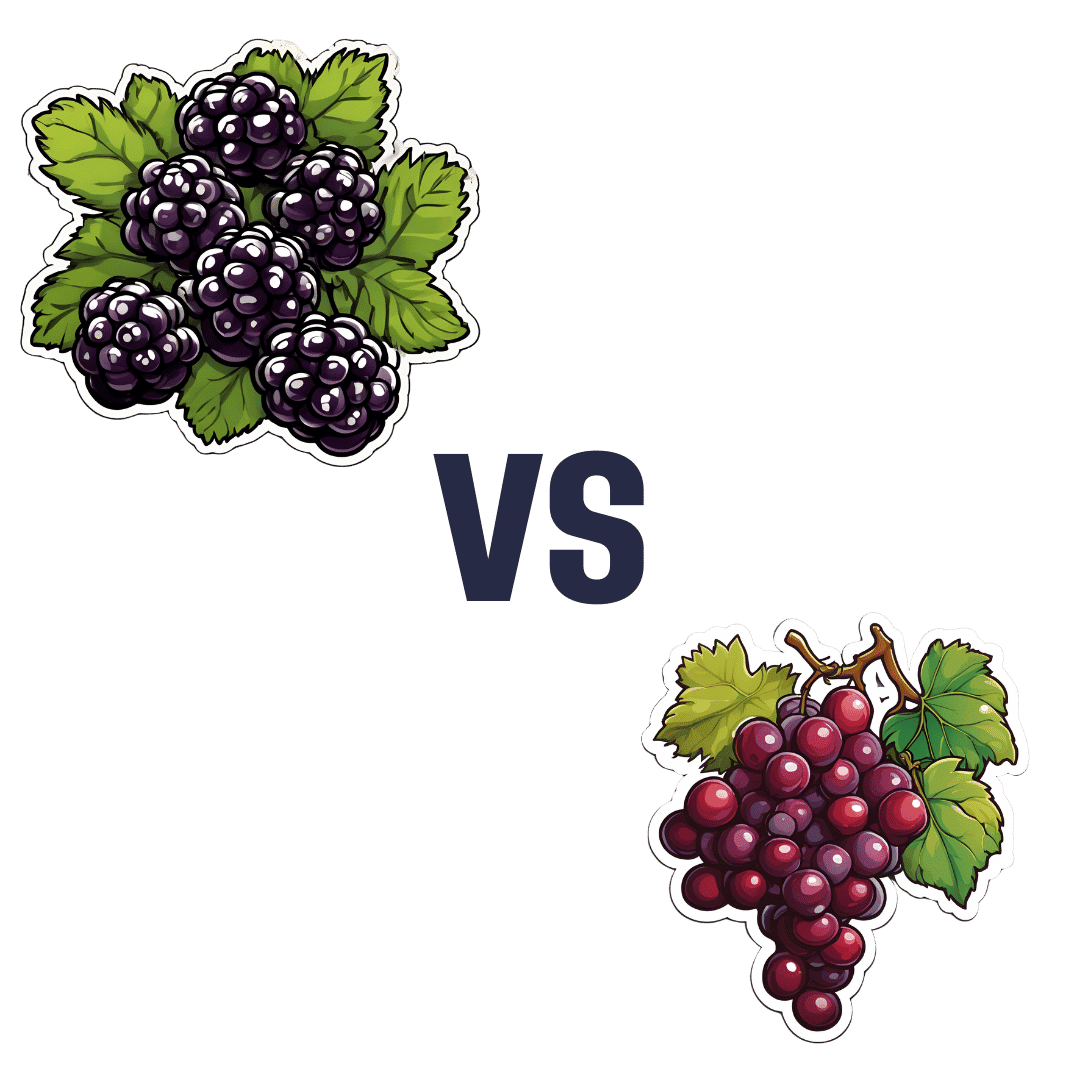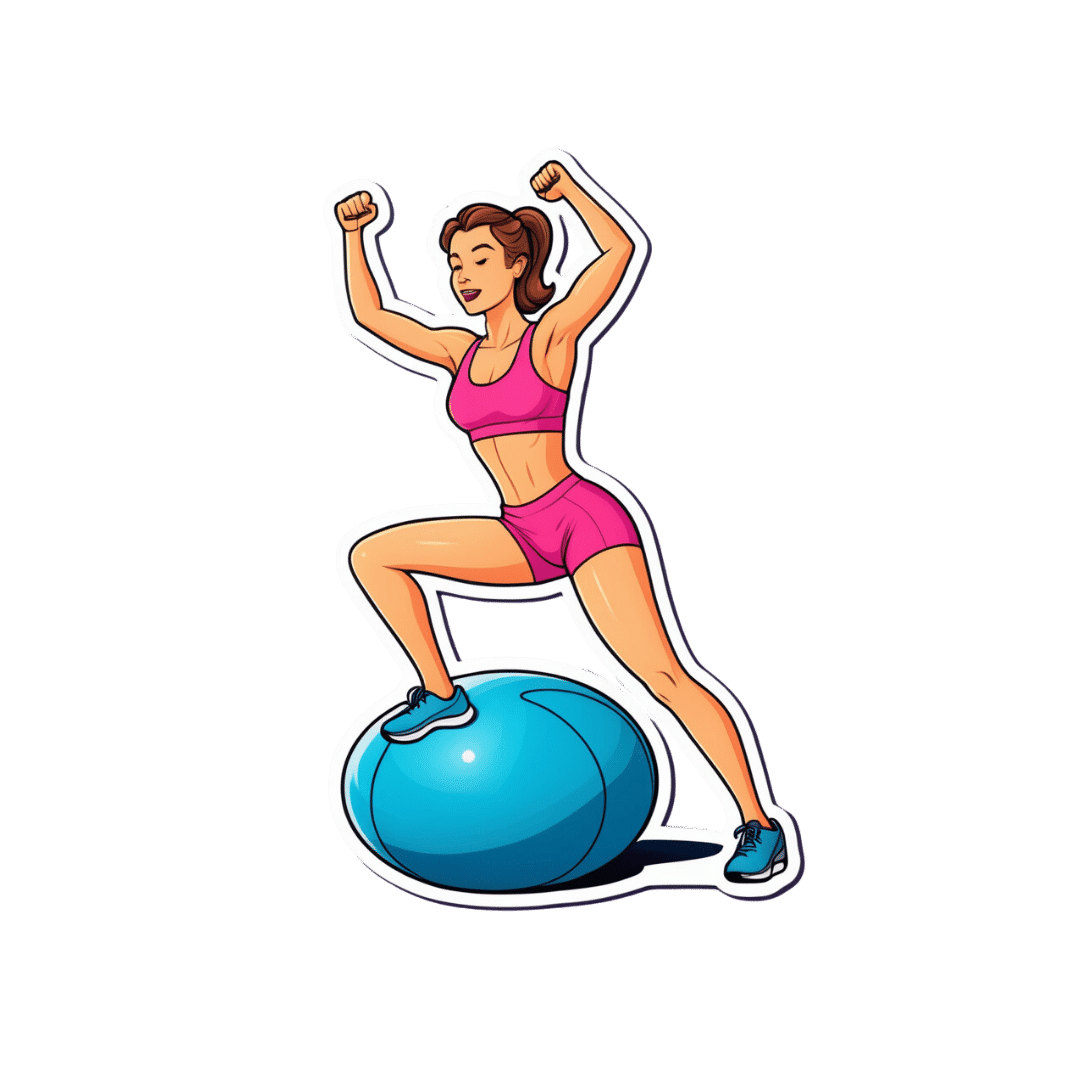
Can you ‘boost’ your immune system?
10almonds is reader-supported. We may, at no cost to you, receive a portion of sales if you purchase a product through a link in this article.
As flu season and a likely winter COVID-19 wave approach, you may encounter both proven and unproven methods claiming to “boost” your immune system. Before you reach for supplements, learn more about how the immune system works, how vaccines give us the best protection against many illnesses, and how some lifestyle factors can help your immune system function properly.
What is the immune system?
The immune system is the body’s first line of defense against invaders like viruses, bacteria, or fungi. You develop immunity—or protection from infection—when your immune system has learned how to recognize an invader and attack it before it makes you sick.
How can you boost your immune system?
You can teach your immune system how to fight back against dangerous invaders by staying up to date on vaccines. This season’s updated flu and COVID-19 vaccines target newer variants and are recommended for everyone 6 months and older.
Vaccines reduce your risk of getting sick and spreading illness to others. Even if you get infected with a disease after you’ve been vaccinated against it, the vaccine will still increase protection against severe illness, hospitalization, and death.
People who have compromised immune systems due to certain health conditions or because they need to take immunosuppressant medications may need additional vaccine doses.
Find out which vaccines you and your children need by using the CDC’s Adult Vaccine Assessment Tool and Child and Adolescent Vaccine Assessment Tool. Talk to your health care provider about the best vaccines for your family.
Find pharmacies offering updated flu and COVID-19 vaccines by visiting Vaccines.gov.
Can supplements boost your immune system?
Many vitamin, mineral, and herbal supplements that are marketed as “immune boosting” have little to no effect on your immune system. Research is split on whether some of these supplements—like vitamin C, vitamin D, and zinc—are capable of helping your body fight infections.
Plus, the Food and Drug Administration typically does not review supplements until after they have reached store shelves, and companies can sell supplements without notifying the FDA. This means that supplements may not be accurately labeled.
Eating a diverse diet rich in fruits and vegetables is the best way for most people to absorb nutrients that support optimal immune system function. People with certain health conditions and deficiencies may need specific supplements prescribed by a health care provider. For example, people with anemia may need iron supplements in order to maintain appropriate iron levels.
Before you begin taking a new supplement, talk to your health care provider, as some supplements may interact with medications you are taking or worsen certain health conditions.
Can lifestyle factors strengthen your immune system?
Based on current evidence, there is no direct link between lifestyle changes and enhanced immunity to infections. However, maintaining a healthy lifestyle through the following practices can help ensure that your immune system functions as it should:
- Eat a diet rich in fruits and vegetables.
- Exercise regularly.
- Don’t smoke.
- Limit or eliminate alcohol consumption.
- Get seven or more hours of sleep per night.
- Reduce stress.
Taking steps to avoid contact with germs also reduces your risk of getting sick. Safer sex barriers like condoms protect against HIV, while wearing a high-quality, well-fitting mask—especially in high-risk environments—protects against COVID-19. Both of these illnesses can reduce your production of white blood cells, which protect against infection.
For more information, talk to your health care provider.
This article first appeared on Public Good News and is republished here under a Creative Commons license.
Don’t Forget…
Did you arrive here from our newsletter? Don’t forget to return to the email to continue learning!
Recommended
Learn to Age Gracefully
Join the 98k+ American women taking control of their health & aging with our 100% free (and fun!) daily emails:
-
Are You Stuck Playing These Three Roles in Love?
10almonds is reader-supported. We may, at no cost to you, receive a portion of sales if you purchase a product through a link in this article.
The psychology of Transactional Analysis holds that our interpersonal dynamics can be modelled in the following fashion:
The roles
- Child: vulnerable, trusting, weak, and support-seeking
- Parent: strong, dominant, responsible—but also often exhausted and critical
- Adult: balanced, thoughtful, creative, and kind
Ideally we’d be able to spend most of our time in “Adult” mode, and occasionally go into “Child” or “Parent” mode when required, e.g. child when circumstances have rendered us vulnerable and we need help; parent when we need to go “above and beyond” in the pursuit of looking after others. That’s all well and good and healthy.
However, in relationships, often it happens that partners polarize themselves and/or each other, with one shouldering all of the responsibility, and the other willfully losing their own agency.
The problem lies in that either role can be seductive—on the one hand, it’s nice to be admired and powerful and it’s a good feeling to look after one’s partner; on the other hand, it’s nice to have someone who will meet your every need. What love and trust!
Only, it becomes toxic when these roles stagnate, and each forgets how to step out of them. Each can become resentful of the other (for not pulling their weight, on one side, and for not being able to effortlessly solve all life problems unilaterally and provide endlessly in both time and substance, on the other), digging in to their own side and exacerbating the less healthy qualities.
As to the way out? It’s about self-exploration and mutual honesty—and mutual support:
Click Here If The Embedded Video Doesn’t Load Automatically!
Further reading
While we haven’t (before today) written about TA per se, we have previously written about AT (Attachment Theory), and on this matter, the two can overlap, where certain attachment styles can result in recreating parent/child/adult dynamics:
How To Leverage Attachment Theory In Your Relationship ← this is about understanding and recognizing attachment styles, and then making sure that both you and your partner(s) are armed with the necessary knowledge and understanding to meet each other’s needs.
Take care!
Share This Post
-
Can We Side-Step Age-Related Alienation?
10almonds is reader-supported. We may, at no cost to you, receive a portion of sales if you purchase a product through a link in this article.
When The World Moves Without Us…
We’ve written before about how reduced social engagement can strike people of all ages, and what can be done about it:
How To Beat Loneliness & Isolation
…but today we’re going to talk more about a specific aspect of it, namely, the alienation that can come with old age—and other life transitions too, but getting older is something that (unless accident or incident befall us first) all of us will definitely do.
What’s the difference?
Loneliness is a status, alienation is more of a process. It can be the alienation in the sense of an implicit “you don’t belong here” message from the world that’s geared around the average person and thus alienates those who are not that (a lack of accessibility to people with disabilities can be an important and very active example of this), and it can also be an alienation from what we’ve previously considered our “niche” in the world—the loss of purpose many people feel upon retirement fits this bill. It can even be a more generalized alienation from our younger selves; it’s easy to have a self-image that doesn’t match one’s current reality, for instance.
Read more: Estranged by Time: Alienation in the Aging Process
So, how to “un-alienate”?
To “un-alienate”, that is to say, to integrate/reintegrate, can be hard. Some things may even be outright impossible, but most will not be!
Consider how, for example, former athletes become coaches—or for that matter, how former party-goers might become party-hosts (even if the kind of “party” might change with time, give or take the pace at which we like to live our lives).
What’s important is that we take what matters the most to us, and examine how we can realistically still engage with that thing.
This is different from trying to hold on grimly to something that’s no longer our speed.
Letting go of the only thing we’ve known will always be scary; sometimes it’s for the best, and sometimes what we really need is just more of a pivot, like the examples above. The crux lies in knowing which:
- Is our relationship with the thing (whatever it may be) still working for us, or is it just bringing strife now?
- If it’s not working for us, is it because of a specific aspect that could be side-stepped while keeping the rest?
- If we’re going to drop that thing entirely (or be dropped by it, which, while cruel, also happens in life), then where are we going to land?
This latter is one where foresight is a gift, because if we bury our heads in the sand we’re going to land wherever we’re dropped, whereas if we acknowledge the process, we can make a strategic move and land on our feet.
Here’s a good pop-science article about this—it’s aimed at people around retirement age, but honestly the advice is relevant for people of all ages, and facing all manner of life transitions, e.g. career transitions (of which retirement is of course the career transition to end all career transitions), relationship transitions (including B/B/B/B: births, betrothals/break-ups, and bereavements) health transitions (usually: life-changing illnesses and/or disabilities—which again, happens to most of us if something doesn’t get us first), etc. So with all that in mind, this becomes more of a “how to reassess your life at those times when it needs reassessing”:
How to Reassess Your Life in Retirement
But that doesn’t mean that letting go is always necessary
Sometimes, the opposite! Sometimes, the age-old advice to “lean in” really is all the situation calls for, which means:
- Be ready to say “yes” to things, and if nobody’s asking, be ready to “hey, do you wanna…?” and take a “build it and they will come” approach. This includes with people of different ages, too! Intergenerational friendships can be very rewarding for all concerned, if done right. Communities that span age-ranges can be great for this—they might be about special interests (this writer has friends ranging through four generations from playing chess, for instance), they could be religious communities if we be religious, LGBT groups if that fits for us, even mutual support groups such as for specific disabilities or chronic illness if we have such—notice how the very things that might isolate us can also bring us together!
- Be open-minded to new experiences; it’s easy to get stuck in a rut of “I’ve never done that” and mistake that self-assessment for an uncritical assumption of “I’m not the kind of person who does that”. Sometimes, you really won’t be! But at least think about it and entertain the possibility, before dismissing it out of hand. And, here’s a life tip: it can be really good to (within the realms of safety, and one’s personal moral principles, of course) take an approach of “try anything once”. Even if we’re almost certain we won’t like it, and even if we then turn out to indeed not like it, it can be a refreshing experience—and now we can say “Yep, tried that, not doing that again” from a position of informed knowledge. That’s the only way we get to look back on a richly lived life of broad experiences, after all, and it is never too late for such.
- Be comfortable prioritizing quality over quantity. This goes for friends, it goes for activities, it goes for experiences. The topic of “what’s the best number of friends to have?” has been a matter of discussion since at least ancient Greek times (Plato and Aristotle examined this extensively), but whatever number we might arrive at, it’s clear that quality is the critical factor, and quantity after that is just a matter of optimizing.
In short: make sure you’re investing—in your relationships, in your areas of interest, in your community (whatever that may mean for you personally), and most of all, and never forget this: in yourself.
Take care!
Share This Post
-
Cassava vs Parsnip – Which is Healthier?
10almonds is reader-supported. We may, at no cost to you, receive a portion of sales if you purchase a product through a link in this article.
Our Verdict
When comparing cassava to parsnips, we picked the parsnips.
Why?
This one wasn’t close!
In terms of macros, cassava has more than 2x the carbs while parsnips have nearly 3x the fiber, making for a very clear win for parsnips.
In the category of vitamins, cassava has more of vitamins B3 and C, while parsnips have more of vitamins B1, B2, B5, B6, B9, E, and K, with very large margins of difference in the latter two cases. Another overwhelming win for parsnips.
Looking at minerals, cassava is not higher in any minerals, while parsnips have more calcium, copper, iron, magnesium, manganese, phosphorus, potassium, selenium, and zinc; a very one-sided win for parsnips!
So, by all means enjoy either or both (diversity is good), but there’s a clear winner here today, and it’s parsnips.
Want to learn more?
You might like:
What Do The Different Kinds Of Fiber Do? 30 Foods That Rank Highest
Enjoy!
Share This Post
Related Posts
-
52 Ways to Walk – by Annabel Streets
10almonds is reader-supported. We may, at no cost to you, receive a portion of sales if you purchase a product through a link in this article.
Most of us learned to walk at a very young age and probably haven’t thought much about it since, except perhaps in a case where some injury made it difficult.
Annabel Streets provides a wonderful guide to not just taking up (or perhaps reclaiming) the joy of walking, but also the science of it in more aspects than most of us have considered:
- The physical mechanics of walking—what’s best?
- Boots or shoes? Barefoot?
- Roads, grass, rougher vegetation… Mud?
- Flora & fauna down to the microbiota that affect us
- How much walking is needed, to be healthy?
- Is there such a thing as too much walking?
- What are the health benefits (or risks) of various kinds of weather?
- Is it better to walk quickly or to walk far?
- What about if we’re carrying some injury?
- What’s going on physiologically when we walk?
- And so much more…
Streets writes with a captivating blend of poetic joie-de-vivre coupled with scientific references.
One moment the book is talking about neuroradiology reports of NO-levels in our blood, the impact of Mycobacterium vaccae, and the studied relationship between daily steps taken and production of oligosaccharide 3′-sialyllactose, and the next it’s all:
“As if the newfound lightness in our limbs has crept into our minds, loosening our everyday cares and constraints…”
And all in all, this book helps remind us that sometimes, science and a sense of wonder can and do (and should!) walk hand-in-hand.
Don’t Forget…
Did you arrive here from our newsletter? Don’t forget to return to the email to continue learning!
Learn to Age Gracefully
Join the 98k+ American women taking control of their health & aging with our 100% free (and fun!) daily emails:
-
Blackberries vs Grapes – Which is Healthier?
10almonds is reader-supported. We may, at no cost to you, receive a portion of sales if you purchase a product through a link in this article.
Our Verdict
When comparing blackberries to grapes, we picked the blackberries.
Why?
It’s not even close:
In terms of macros, blackberries have more than 5x the fiber, for about half the carbs, resulting in a notably lower glycemic index. They also have more than 2x the protein, but unlike the fiber, it’s not much in either fruit, so we might disregard it. Still, an easy win for blackberries either way.
In the category of vitamins, blackberries have more of vitamins A, B3, B5, B9, C, E, K, and choline, while grapes have more of vitamins B1, B2, and B6. Another clear win for blackberries.
When it comes to minerals, blackberries have a lot more calcium, copper, iron, magnesium, phosphorus, selenium, and zinc, while grapes have slightly more manganese and potassium. Once again, blackberries emerge victorious.
Looking at polyphenols, both have an abundance of many polyphenols, but blackberries have more, both in types and in total mass (mg/100g).
Thus, blackberries overwhelmingly win the day, but by all means enjoy either or both; diversity is good!
Want to learn more?
You might like:
Can We Drink To Good Health? ← while there are polyphenols such as resveratrol in red wine that per se would boost heart health, there’s so little per glass that you may need 100–1000 glasses per day to get the dosage that provides benefits in mouse studies.
If you’re not a mouse, you might even need more than that!
To this end, many people prefer resveratrol supplementation ← link is to an example product on Amazon, but there are plenty more so feel free to shop around 😎
Enjoy!
Don’t Forget…
Did you arrive here from our newsletter? Don’t forget to return to the email to continue learning!
Learn to Age Gracefully
Join the 98k+ American women taking control of their health & aging with our 100% free (and fun!) daily emails:
-
HRT: Bioidentical vs Animal
10almonds is reader-supported. We may, at no cost to you, receive a portion of sales if you purchase a product through a link in this article.
HRT: A Tale Of Two Approaches
In yesterday’s newsletter, we asked you for your assessment of menopausal hormone replacement therapy (HRT).
- A little over a third said “It can be medically beneficial, but has some minor drawbacks”
- A little under a third said “It helps, but at the cost of increased cancer risk; not worth it”
- Almost as many said “It’s a wondrous cure-all that makes you happier, healthier, and smell nice too”
- Four said “It is a dangerous scam and a sham; “au naturel” is the way to go”
So what does the science say?
Which HRT?
One subscriber who voted for “It’s a wondrous cure-all that makes you healthier, happier, and smell nice too” wrote to add:
❝My answer is based on biodentical hormone replacement therapy. Your survey did not specify.❞
And that’s an important distinction! We did indeed mean bioidentical HRT, because, being completely honest here, this European writer had no idea that Premarin etc were still in such wide circulation in the US.
So to quickly clear up any confusion:
- Bioidentical hormones: these are (as the name suggests) identical on a molecular level to the kind produced by humans.
- Conjugated Equine Estrogens: such as Premarin, come from animals. Indeed, the name “Premarin” comes from “pregnant mare urine”, the substance used to make it.
There are also hormone analogs, such as medroxyprogesterone acetate, which is a progestin and not the same thing as progesterone. Hormone analogs such as the aforementioned MPA are again, a predominantly-American thing—though they did test it first in third-world countries, after testing it on animals and finding it gave them various kinds of cancer (breast, cervical, ovarian, uterine).
A quick jumping-off point if you’re interested in that:
Depot medroxyprogesterone acetate and the risk of breast and gynecologic cancer
this is about its use as a contraceptive (so, much lower doses needed), but it is the same thing sometimes given in the US as part of menopausal HRT. You will note that the date on that research is 1996; DMPA is not exactly cutting-edge and was first widely used in the 1950s.
Similarly, CEEs (like Premarin) have been used since the 1930s, while estradiol (bioidentical estrogen) has been in use since the 1970s.
In short: we recommend being wary of those older kinds and mostly won’t be talking about them here.
Bioidentical hormones are safer: True or False?
True! This is an open-and-shut case:
❝Physiological data and clinical outcomes demonstrate that bioidentical hormones are associated with lower risks, including the risk of breast cancer and cardiovascular disease, and are more efficacious than their synthetic and animal-derived counterparts.
Until evidence is found to the contrary, bioidentical hormones remain the preferred method of HRT. ❞
Further research since that review has further backed up its findings.
Source: Are Bioidentical Hormones Safer or More Efficacious than Other Commonly Used Versions in HRT?
So simply, if you’re going on HRT (estrogen and/or progesterone), you might want to check it’s the bioidentical kind.
HRT can increase the risk of breast cancer: True or False?
Contingently True, but for most people, there is no significant increase in risk.
First: again, we’re talking bioidentical hormones, and in this case, estradiol. Older animal-derived attempts had much higher risks with much lesser efficaciousness.
There have been so many studies on this (alas, none that have been publicised enough to undo the bad PR in the wake of old-fashioned HRT from before the 70s), but here’s a systematic review that highlights some very important things:
❝Estradiol-only therapy carries no risk for breast cancer, while the breast cancer risk varies according to the type of progestogen.
Estradiol therapy combined with medroxyprogesterone, norethisterone and levonorgestrel related to an increased risk of breast cancer, estradiol therapy combined with dydrogesterone and progesterone carries no risk❞
In fewer words:
- Estradiol by itself: no increased risk of breast cancer
- Estradiol with MDPA or other progestogens that aren’t really progesterone: increased risk of breast cancer
- Estradiol with actual progesterone: back to no increased risk of breast cancer
So again, you might want to make sure you are getting actual bioidentical hormones, and not something else!
However! If you are aware that you already have an increased risk of breast cancer (e.g. family history, you’ve had it before, you know you have certain genes for it, etc), then you should certainly discuss that with your doctor, because your personal circumstances may be different:
❝Tailored HRT may be used without strong evidence of a deleterious effect after ovarian cancer, endometrial cancer, most other gynecological cancers, bowel cancer, melanoma, a family history of breast cancer, benign breast disease, in carriers of BRACA mutations, after breast cancer if adjuvant therapy is not being used, past thromboembolism, varicose veins, fibroids and past endometriosis.
Relative contraindications are existing cardiovascular and cerebrovascular disease and breast cancer being treated with adjuvant therapies❞
Source: HRT in difficult circumstances: are there any absolute contraindications?
HRT makes you happier, healthier, and smell nice too: True or False?
Contingently True, assuming you do want its effects, which generally means the restoration of much of the youthful vitality you enjoyed pre-menopause.
The “and smell nice too” was partly rhetorical, but also partly literal: our scent is largely informed by our hormones, and higher estrogen results in a sweeter scent; lower estrogen results in a more bitter scent. Not generally considered an important health matter, but it’s a thing, so hey.
More often, people take menopausal HRT for more energy, stronger bones (reduced osteoporosis risk), healthier heart (reduced CVD risk), improved sexual health, better mood, healthier skin and hair, and general avoidance of menopause symptoms:
Read more: Skin, hair and beyond: the impact of menopause
We’d need another whole main feature to discuss all the benefits properly; today we’re just mythbusting.
HRT does have some drawbacks: True or False?
True, and/but how serious they are (beyond the aforementioned consideration in the case of an already-increased risk of breast cancer) is a matter of opinion.
For example, it is common to get a reprise of monthly cramps and/or mood swings, depending on how one is taking the HRT and other factors (e.g. your own personal physiology and genetic predispositions). For most people, these will even out over time.
It’s also even common to get a reprise of (much slighter than before) monthly bleeding, unless you have for example had a hysterectomy (no uterus = no bleeding). Again, this will usually settle down in a matter of months.
If you experience anything more alarming than that, then indeed check with your doctor.
HRT is a dangerous scam and sham: True or False?
False, simply. As described above, for most people they’re quite safe. Again, talking bioidentical hormones.
The other kind are in the most neutral sense a sham (i.e. they are literally sham hormones), though they’re not without their merits and for many people they may be better than nothing.
As for being a scam, biodentical hormones are widely prescribed in the many countries that have universal healthcare and/or a single-payer healthcare system, where there would be no profit motive (and considerable cost) in doing so.
They’re prescribed because they are effective and thus reduce healthcare spending in other areas (such as treating osteoporosis or CVD after the fact) and improve Health Related Quality of Life, and by extension, health-adjusted life-years, which is one of the top-used metrics for such systems.
See for example:
Our apologies, gentlemen
We wanted to also talk about testosterone therapy for the andropause, but we’ve run out of room today (because of covering the important distinction of bioidentical vs old-fashioned HRT)!
To make it up to you, we’ll do a full main feature on it (it’s an interesting topic) in the near future, so watch this space
Ladies, we’ll also at some point cover the pros and cons of different means of administration, e.g. pills, transdermal gel, injections, patches, pessaries, etc—which often have big differences.
That’ll be in a while though, because we try to vary our topics, so we can’t talk about menopausal HRT all the time, fascinating and important a topic it is.
Meanwhile… take care, all!
Don’t Forget…
Did you arrive here from our newsletter? Don’t forget to return to the email to continue learning!
Learn to Age Gracefully
Join the 98k+ American women taking control of their health & aging with our 100% free (and fun!) daily emails:

